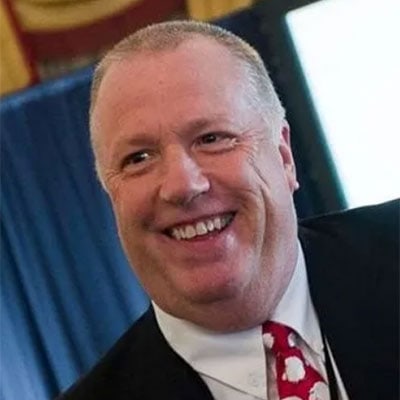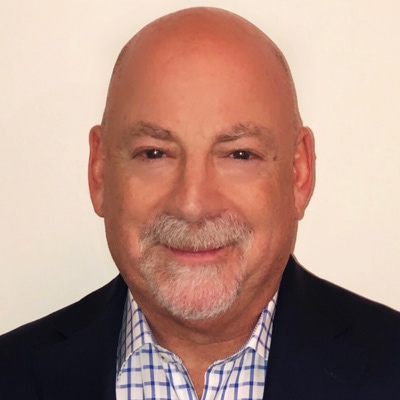My Fellow Americans:
For the first time in our nearly two-year struggle with Covid, we seem to have caught a break. We’ve all been expecting two things to happen this winter. First, we knew that Covid would keep mutating and spawning new variants. Second, we knew that respiratory infections would rise through most of the country—in what we’ve long called “cold and flu season.” What we didn’t know was what this winter’s strain of Covid might look like.
Now we do. The Omicron variant, first identified in South Africa, has spread rapidly around the world. It’s now the dominant strain in the U.S. And, believe it or not, that’s good news.
According to all available data, experience around the world, and everyone who has studied it, it appears that Omicron is both the most contagious and the least dangerous variant of Covid we have yet to encounter. That means that for the next few months, tens of millions of Americans will “get Covid,” but very, very few of them will get sick. The overwhelming majority of them will experience nothing worse than a mild cold.
Now, that means that we can breathe easy—for a moment. It doesn’t mean we can drop our guard. Since long before any of us ever heard of Covid, respiratory illnesses—including colds and flus—have killed tens of thousands of Americans, and hospitalized hundreds of thousands more, year after year after year. Even a mild strain of Covid is likely to do the same. Careful attention to hygiene, prevention, and vaccination can save many of those lives and alleviate much of that suffering. That’s one of the reasons we’ve made flu shots available for decades—and why so many Americans have made it part of their annual health care rituals.
If you’re in any of the high-risk categories—elderly, obese, asthmatic, or dealing with any other co-morbidities—please, please, please get yourself vaccinated. If you haven’t had a recent booster, get one. These vaccines are a miracle of modern science. While they haven’t been as effective at blocking transmission as we’d hoped, and while they do seem to wear off in a matter of months, they’ve been phenomenally effective at reducing the risk of death and severe illness. The Covid vaccines have saved lives and reduced suffering on a massive scale. While I can’t force anyone to do the smart thing, I can tell you: If you’re in a high-risk group and you’re not vaccinated (and boosted), you’re making a mistake. For the sake of everyone you love, please take better care of yourself. Keep your vaccinations up to date—and not just for Covid.
If you’re facing moderate risk—say, you’re a healthy adult under 65—it’s still a good idea. Granted, Omicron appears unlikely to kill you, but keeping yourself vaccinated will very likely help you have a healthier, happier winter. It will also help slow the spread—again, not as much as we’d initially hoped, but some. For healthy children and others facing minimal risks, the need is not as urgent. Take the time to speak to your own primary health care providers—and follow their recommendations. There’s certainly no reason to continue widespread testing and masking of our children—and no indication that school shutdowns are anywhere in our near-term future.
Finally, two other bits of good news. First, recovery from Covid, like recovery from every other disease, provides a form of immunity. We have no way of knowing how much immunity—or of what duration—recovery from the mild Omicron strain might bring. But it will be something. So come next spring, and possibly even another variant, tens of millions of Americans will have gained some form immunity from Covid. Second, we are on the cusp of authorizing some new medications for Covid treatment.
The combination of vaccines, boosters, a mild winter strain, and these new therapeutics means that we are in the final days of this pandemic. Sadly, Americans will continue to get sick and die—including from Covid. That’s a fact of life. Public policy can work to reduce that number, but nothing we—or anyone else—can do can reduce it to zero. Such a feat rests solely in the hands of God. No matter how much some of us might think of ourselves, politicians and scientists are mere mortals. The best we can do is our best.
My fellow Americans, we are entering the end game. We must work together to see it through. We must grieve together for those we will continue to lose. But the world has accommodated disease since the dawn of time, and we are learning to accommodate this one. Be strong. Be cautious. Get yourselves vaccinated. And live life.
Thank you.




